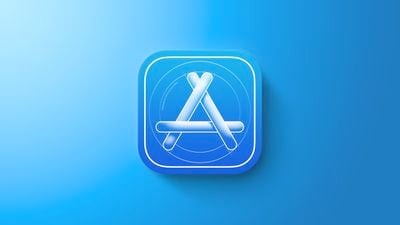Last month, Microsoft announced the upcoming launch of Copilot+ Windows PCs with integrated AI hardware and software. One feature that Microsoft touted was Recall, a tool that's designed to take regular snapshots of PC content to help users find anything they've seen or done on their machine.
As it turns out, Recall might be a security nightmare for Windows users. Security expert Kevin Beaumont
recently said (via
The Verge) that he was able to automate a program that provides plain text data of everything a user has viewed, despite Microsoft's claims that Recall information cannot be exfiltrated remotely.
Beaumont claims that Recall is "essentially an infostealer" that's included in Windows by default, and that it will "set cybersecurity back a decade by empowering cybercriminals." With Recall, hackers are able to scrape "everything you've ever looked at within seconds," and users should prepare for "AI powered super breaches."
Microsoft describes Recall as a feature that lets you "search across time to find the content you need." Powered by AI, Recall takes snapshots every five seconds when content on the screen is different from the prior snapshot and stores the snapshots in a timeline, with AI software using OCR to make the text in the snapshots searchable. Microsoft says that snapshots are locally stored and are analyzed on-device, which should make them secure, but the OCR data is stored in an SQLite database that could be accessed by hackers who infiltrate a PC using malware.
According to Beaumont, infostealer trojans are able to be "easily modified to support Recall" and data from the feature can be accessed remotely. Microsoft "tried to do a bunch of things" to improve security, but ultimately, "none of it actually works properly in the real world." The database that is theoretically accessible by malicious actors contains everything a user has seen such as text messages and passwords, every user interaction, and all websites visited (with the exception of Microsoft Edge in Private Mode).
Beaumont has not shared full technical details on how he automated exfiltration of the Recall database, and is holding until Recall is shipped because he wants to give Microsoft "time to do something." Beaumont recommends that Microsoft pull the feature for the time being.
Copilot+ PCs with Recall are set to launch on June 18. As of now, Recall is turned on by default, though users can optionally disable it.
Update: Given the response to Recall, Microsoft has decided to make it an opt-in feature rather than an opt-out feature. It will no longer be on by default, and there will be an option to opt in or opt out when setting up a Copilot+ PC. Windows Hello will also be required to turn on Recall for an extra layer of authentication. Windows Hello requires a face scan, fingerprint, or PIN to access a machine. Proof of presence will be required as well, so a screenshot timeline won't be accessible without authentication.
To address concerns about the accessibility of the database that Recall creates, Microsoft is adding additional layers of protection linked to authentication, and the search index database has been encrypted.
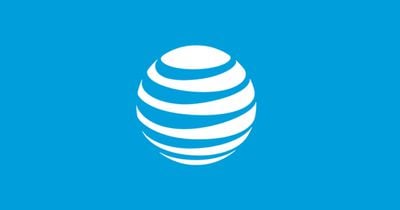


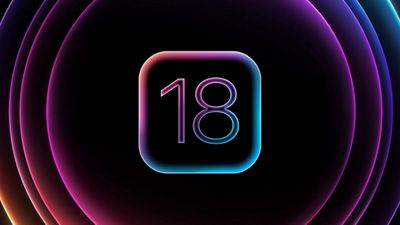

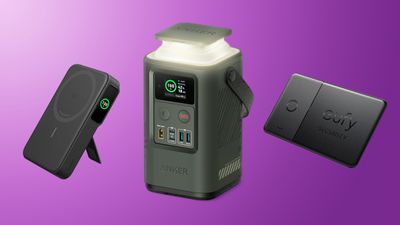 Note: MacRumors is an affiliate partner with Amazon. When you click a link and make a purchase, we may receive a small payment, which helps us keep the site running.
Note: MacRumors is an affiliate partner with Amazon. When you click a link and make a purchase, we may receive a small payment, which helps us keep the site running.
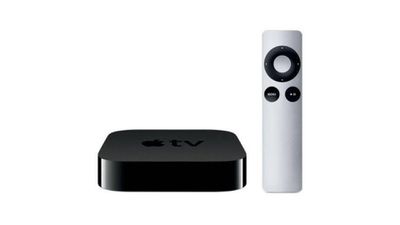

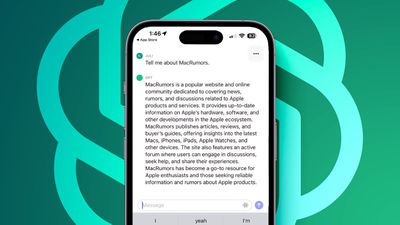
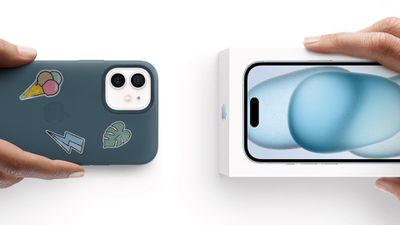
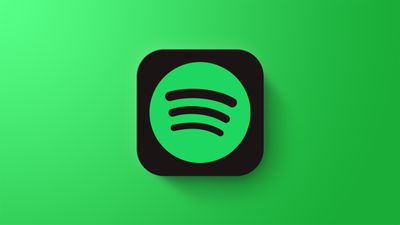

 Note: MacRumors is an affiliate partner with Verizon. When you click a link and make a purchase, we may receive a small payment, which helps us keep the site running.
Note: MacRumors is an affiliate partner with Verizon. When you click a link and make a purchase, we may receive a small payment, which helps us keep the site running.

